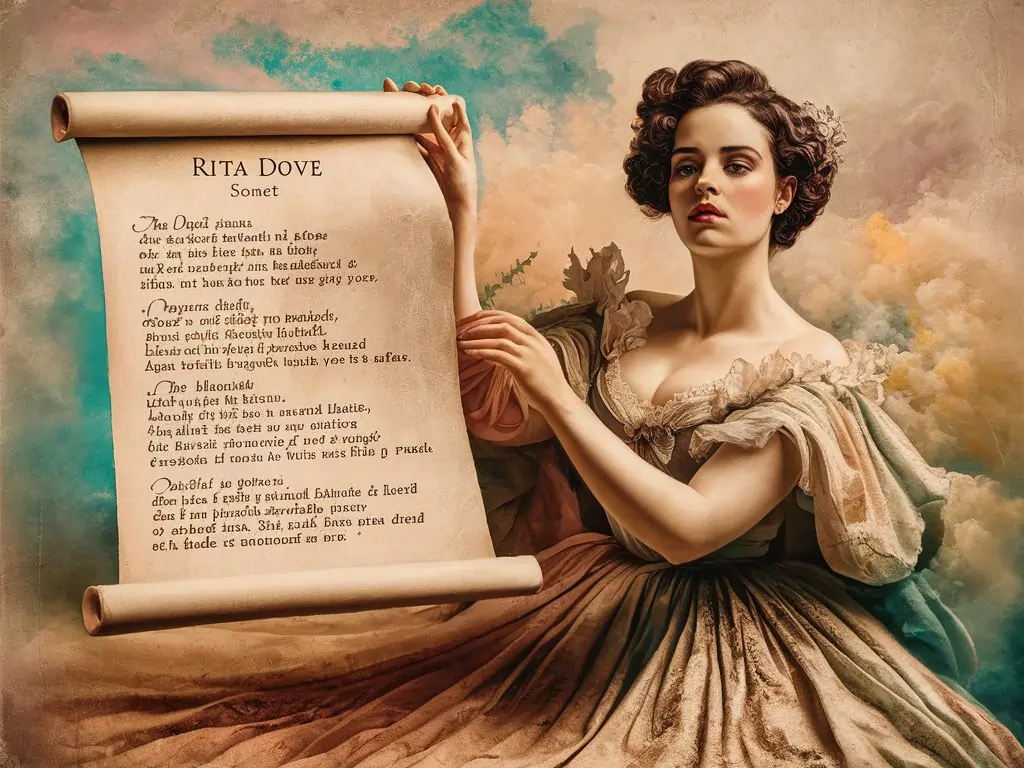Is TikTok Banned? Get the Facts
TikTok is a social media app known for its short, fun videos. People of all ages use it to

TikTok is a social media app known for its short, fun videos. People of all ages use it to express themselves creatively, from dance challenges to funny skits.
While TikTok is very popular, it has also faced criticism and calls for bans in several countries. The arguments around TikTok have led to serious discussions about privacy, security, and freedom of expression.
How TikTok Became Popular
TikTok’s rise to fame is amazing. It was launched in 2016 by a Chinese company called ByteDance and quickly became popular, especially with younger people. The app lets users create and share videos that are 15 to 60 seconds long, often set to music.
This format appeals to a generation that loves quick, creative content. By 2020, TikTok had been downloaded over two billion times worldwide, making it one of the most popular social media apps ever.
TikTok’s success comes from its algorithm, which shows each user a personalized feed based on their interests. This “For You” page is very engaging, and users often find themselves spending hours watching videos.
Privacy Concerns
Despite its popularity, TikTok has faced a lot of controversy, especially about privacy. Critics say TikTok collects a lot of data from its users, like their location, browsing history, and even what they type. While many social media apps collect data, TikTok’s connection to China has raised concerns. Some governments and cybersecurity experts worry that the Chinese government could access this data, posing a national security risk.
In 2020, India banned TikTok along with 58 other Chinese apps, citing data security and privacy concerns. India was one of TikTok’s biggest markets, with over 200 million users. The ban also highlighted concerns about who controls personal data in the digital age.
National Security Fears
The idea that TikTok might be a national security threat isn’t just in India. The United States has similar concerns. In 2020, then-President Donald Trump signed an order to ban TikTok unless it was sold to an American company. The Trump administration worried that the Chinese government could use TikTok to spy on Americans or influence politics.
Although legal challenges stopped the ban, concerns about TikTok haven’t gone away. The Biden administration is still keeping an eye on TikTok, and some lawmakers are pushing for stricter regulations or even a complete ban. The worry is that TikTok’s data collection and potential for spreading false information could be used to harm national security.
Impact on TikTok Creators
The possible ban of TikTok has caused a lot of stress for its creators. Many people have built careers and businesses on the platform, using their large followings to make money through brand deals, merchandise sales, and other opportunities. The threat of a ban has left these creators unsure about their future.
For many creators, TikTok is more than just an app; it’s a community. They’ve formed real connections with their followers and other creators. The thought of losing this community and their income is frightening. Some creators have started using other platforms like Instagram and YouTube, but losing TikTok would still be a big loss.
Censorship and Free Speech
Another big issue in the TikTok ban debate is censorship. Some people argue that banning TikTok is a form of censorship that limits free expression. TikTok has been a place where marginalized voices are heard, where people share their stories, and where movements like Black Lives Matter have gained support. Banning TikTok would silence these voices and reduce the variety of content online.
However, supporters of the ban argue that TikTok itself engages in censorship. The app has been accused of suppressing content that criticizes the Chinese government, such as posts about the Hong Kong protests or the treatment of Uighur Muslims in Xinjiang. ByteDance denies these accusations, but they have added to concerns that TikTok is not just a harmless app but a tool for propaganda.
Feel free to read an amazing article by clicking here: Discovering the PlayStation Portal: A New Chapter in Gaming
My Experience with TikTok
As someone who enjoys new social media platforms, I was hesitant to join TikTok at first. The idea of managing another app seemed overwhelming, but I was curious. Soon, I found myself watching videos for hours, laughing at people’s creativity and amazed at how quickly trends spread. But as I used TikTok more, I couldn’t ignore the privacy and data security concerns.
The idea that TikTok might collect data about me and share it with a foreign government worried me. Even though I haven’t stopped using TikTok, I’m more careful about what I share and how much time I spend on it.
TikTok Around the World
The debate over TikTok isn’t just happening in a few countries; it’s a global issue. Countries like Australia, Japan, and the United Kingdom have also looked into TikTok’s data practices. Although none of these countries have fully banned TikTok, their investigations show that concerns about the app are widespread.
In some countries, the TikTok issue is tied to bigger geopolitical tensions. For example, in the U.S., the debate over TikTok is part of the broader U.S.-China trade war. Similarly, in India, the TikTok ban was seen as part of a larger effort to reduce reliance on Chinese technology.
The Future of TikTok
The future of TikTok is uncertain. While the app is still growing in popularity, the threat of bans and stricter regulations looms. TikTok has tried to address some concerns by opening transparency centres and partnering with Western companies to store data locally. But these steps may not be enough to ease government fears.
For users, the uncertainty about TikTok is frustrating. The app has become a big part of many people’s lives, offering a platform for creativity, connection, and even activism. Losing TikTok would be a big blow, especially for those who have built communities and careers on the platform.
Social Media’s Role in Society
The TikTok controversy highlights a bigger issue: the role of social media in today’s society. Apps like TikTok, Facebook, and Twitter are central to how we communicate, share information, and build communities. But they also raise important questions about privacy, security, and the balance between free speech and regulation.
The TikTok debate forces us to think about these issues. How much control should governments have over social media? What’s the right balance between national security and personal privacy? And how do we deal with the risk of censorship, whether it’s by governments or the platforms themselves?
Thinking About Digital Privacy
One lesson from the TikTok debate is the importance of digital privacy. As users, we often don’t think about how much personal information we share online. The TikTok controversy is a reminder to be more careful about our digital footprint and to think about the data we share.
Since the TikTok debate started, I’ve become more aware of my online behaviour. I now read privacy policies, adjust my app settings, and think more carefully about what information I share. These steps may seem small, but they’re part of a larger effort to protect my digital privacy in an increasingly connected world.
Social Media and Geopolitics
The TikTok ban debate also shows how social media is becoming more important in global politics. In today’s world, information is power and control over social media platforms is a big concern for governments. The fear that TikTok could be used for spying or spreading propaganda reflects broader worries about technology’s role in global power struggles.
As we deal with these challenges, it’s clear that the connection between technology, privacy, and geopolitics will continue to be a major issue. The decisions we make about platforms like TikTok will have long-term effects on the digital world.
Conclusion
The controversy over TikTok is complicated and touches on many issues like privacy, security, free speech, and geopolitics. While millions love TikTok, it also raises important questions that society needs to address. As we move forward, the debate over TikTok will likely continue to evolve, reflecting the challenges and opportunities of the digital age.









